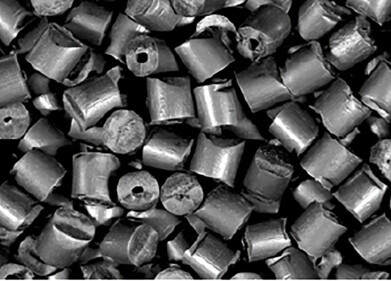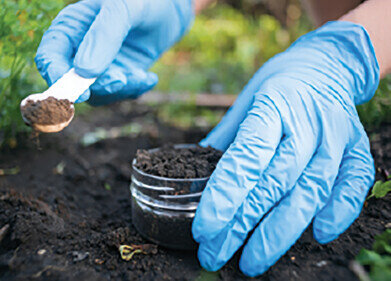Biofuel Industry News
Landmark agreement shows Shell commitment to local communities
Jun 20 2012
A landmark agreement in Brazil has shown that Shell is committed to combining sustainable development with the wellbeing of local communities, as its biofuels company agrees to stop buying sugar cane grown on indigenous lands.
A recent biofuel analysis by Shell and the Brazilian authorities has found that the company, Raizen, was obtaining some of the raw material for ethanol from farmers who encroached on the lands of the Guarani people in Mato Grosso do Sul state.
Brazilian authorities had put pressure on the oil giant to stop purchasing crops from the farmers, and the deal will be welcomed both by the government and indigenous leaders.
Raizen said in a statement that the deal "shows the company's commitment to combine sustainable development with the well-being of the local communities".
Campaign group Survival International also hailed the deal as a "historic" achievement, and pushed for similar action to be taken over illegal logging and the persistent illegal farming that continues to take place on indigenous land.
Shell is certainly not the first company to be caught trading with illegal farmers in such regions, and problem of illegal agriculture on indigenous land has become critical in Brazil. Indeed, it is highly unusual for a big company in Brazil to back away from business opportunities on indigenous land, which is why campaign groups are hailing the latest development.
Raizen is a biofuel arm of Shell, and was established in 2010 in a joint venture with Brazilian ethanol company Cosan to produce ethanol from sugar cane. According to company figures, they produce 2.2 billion litres of ethanol every year, for export and to supply the Brazilian market, where cars that run both on petrol and biofuel are very popular.
The new deal means that Raizen will not source sugar cane from any land declared by the Ministry of Justice as belonging to indigenous tribes. The agreement will come into force in November.
Posted by Lauren Steadman
Digital Edition
PIN 25.1 Feb/March
March 2024
In This Edition Safety - The technology behind the ION Science Tiger XT - Safety with ammonia and LOHCs as hydrogen carriers Analytical Instrumentation - Discussion on new tribology te...
View all digital editions
Events
Apr 28 2024 Montreal, Quebec, Canada
Apr 30 2024 Birmingham, UK
May 03 2024 Seoul, South Korea
May 05 2024 Seville, Spain
May 06 2024 Riyadh, Saudi Arabia


















